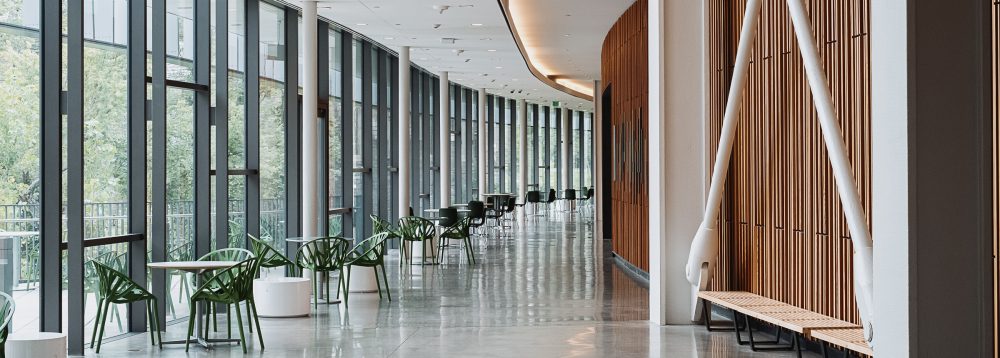The Pollet Lab primarily studies the proteins important for uptake and utilization of polysaccharides (or carbohydrates) by the bacteria Bacteroides thetaiotaomicron (B. theta). B. theta is commonly found in the human microbiota and is capable of using a wide range of polysaccharides from our diet. In turn, B. theta processes these polysaccharides into short-chain fatty acids which serve as a key energy source for its human host. Better understanding of the proteins that govern B. theta‘s interaction with polysaccharides will lead to new ways to manipulate the human microbiota and improve human health.
We use two major approaches to characterizing proteins from B. theta. First, we can genetically manipulate B. theta to remove or mutate proteins that we hypothesize are important for polysaccharide interactions. We can then grow the newly developed strains of B. theta on select polysaccharides to determine the importance of the deleted or mutated proteins. Second, we can move the genes encoding important proteins from B. theta into E. coli and express and purify large amounts of isolated protein from E. coli. We can then characterize the structure and function of that purified protein using a variety of biochemical methods including x-ray protein crystallography.
Students who are interested in joining the Pollet Lab should reach out to Prof. Pollet via email. There are no requirements for joining the lab besides an enthusiasm for science. Prof. Pollet routinely takes new students both for research during the academic year and for summer research through URSI. However, applications to join the lab at any time are competitive. If there is a potential space in the lab, Prof. Pollet will set up an interview with you to further discuss potential research projects, expectations for work in the lab, and your particular interests.
